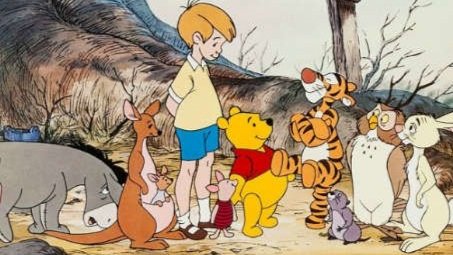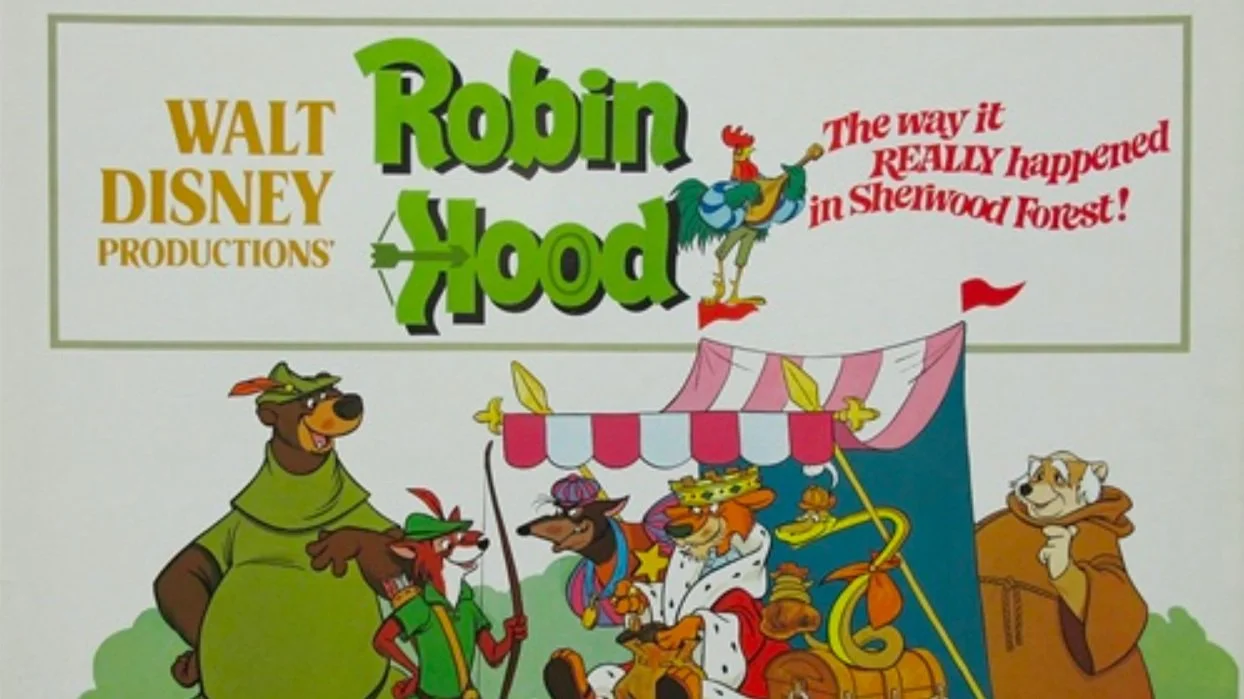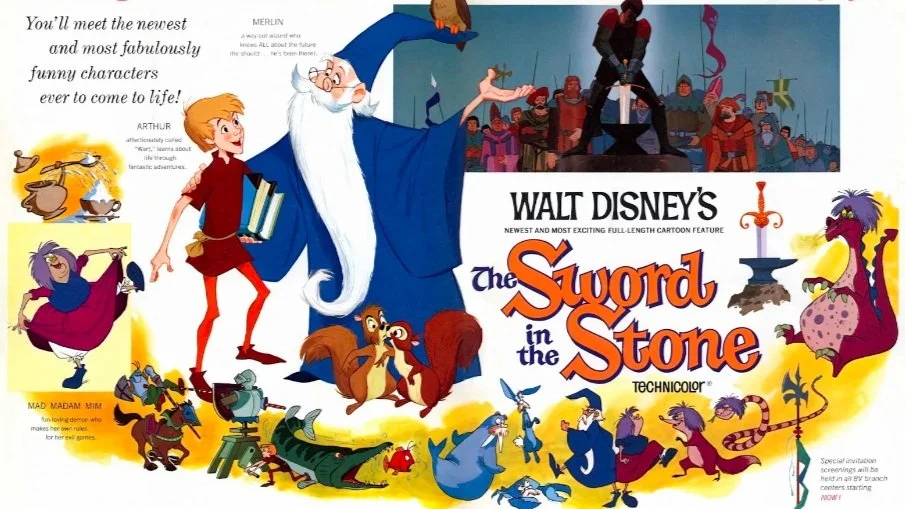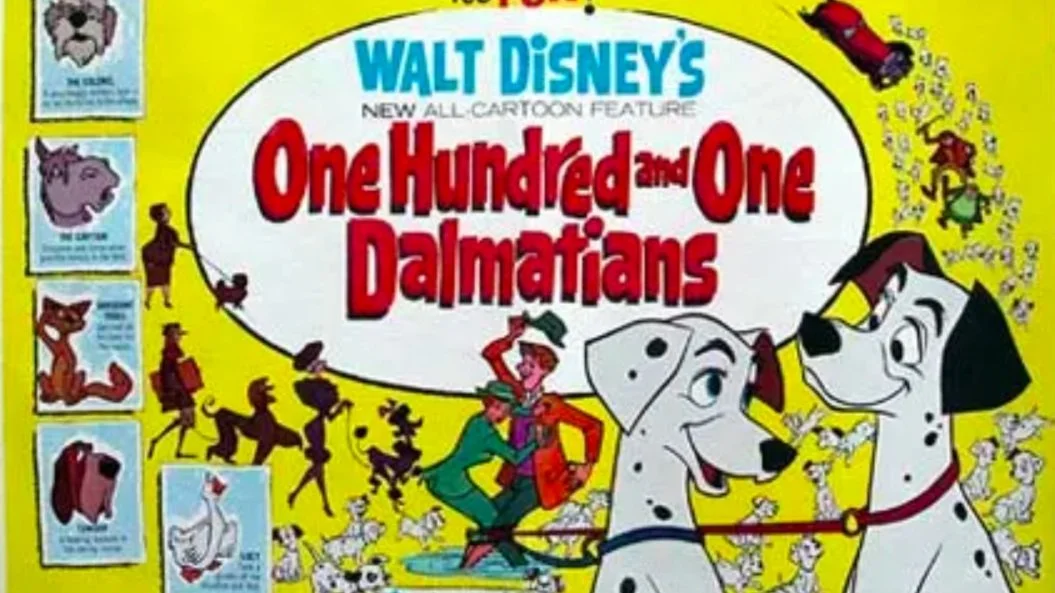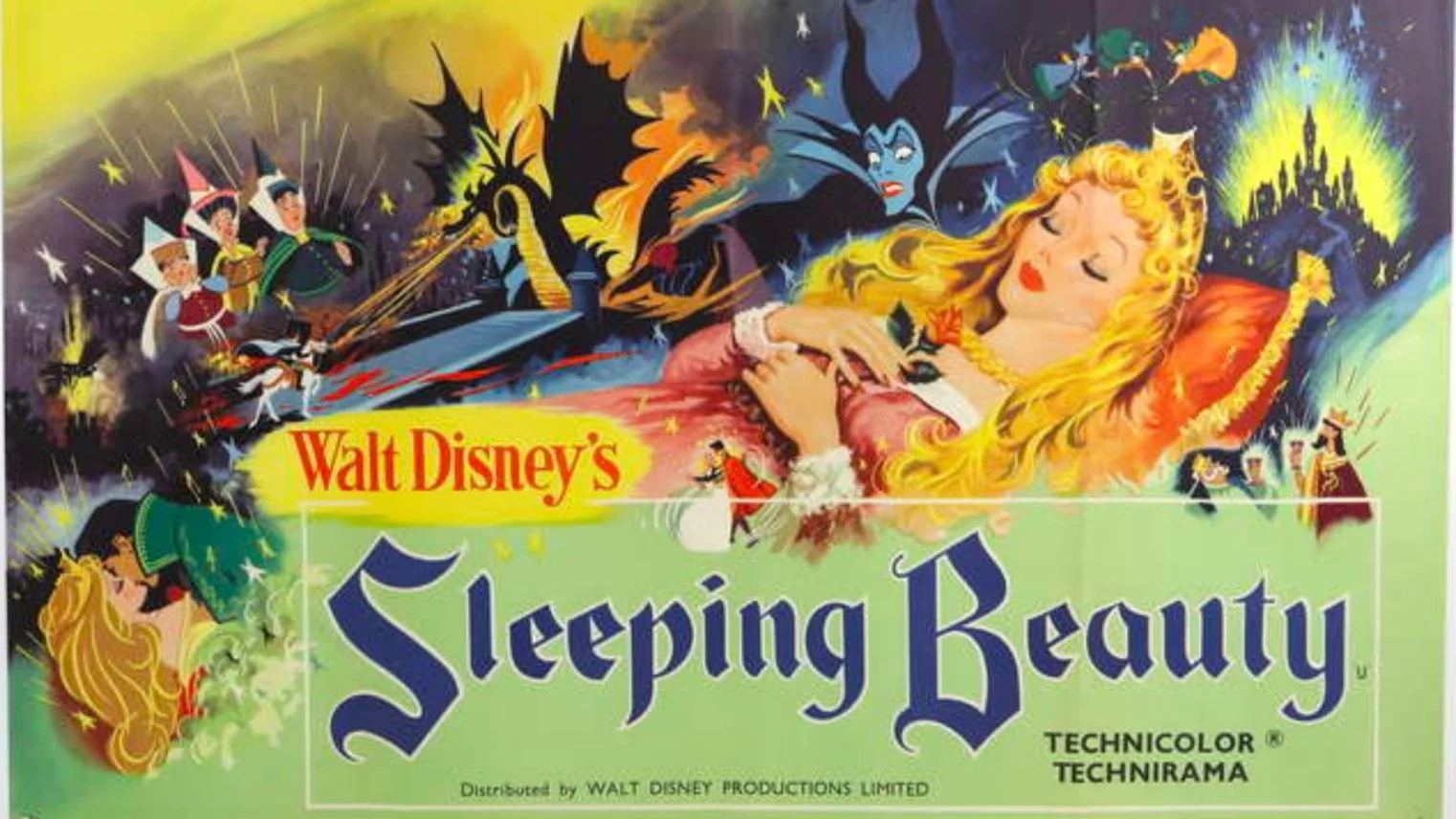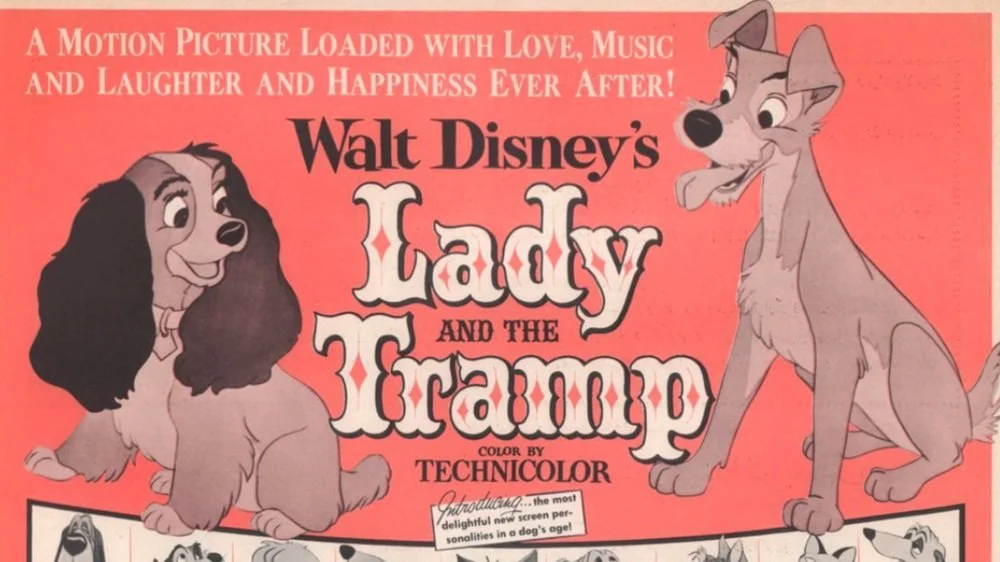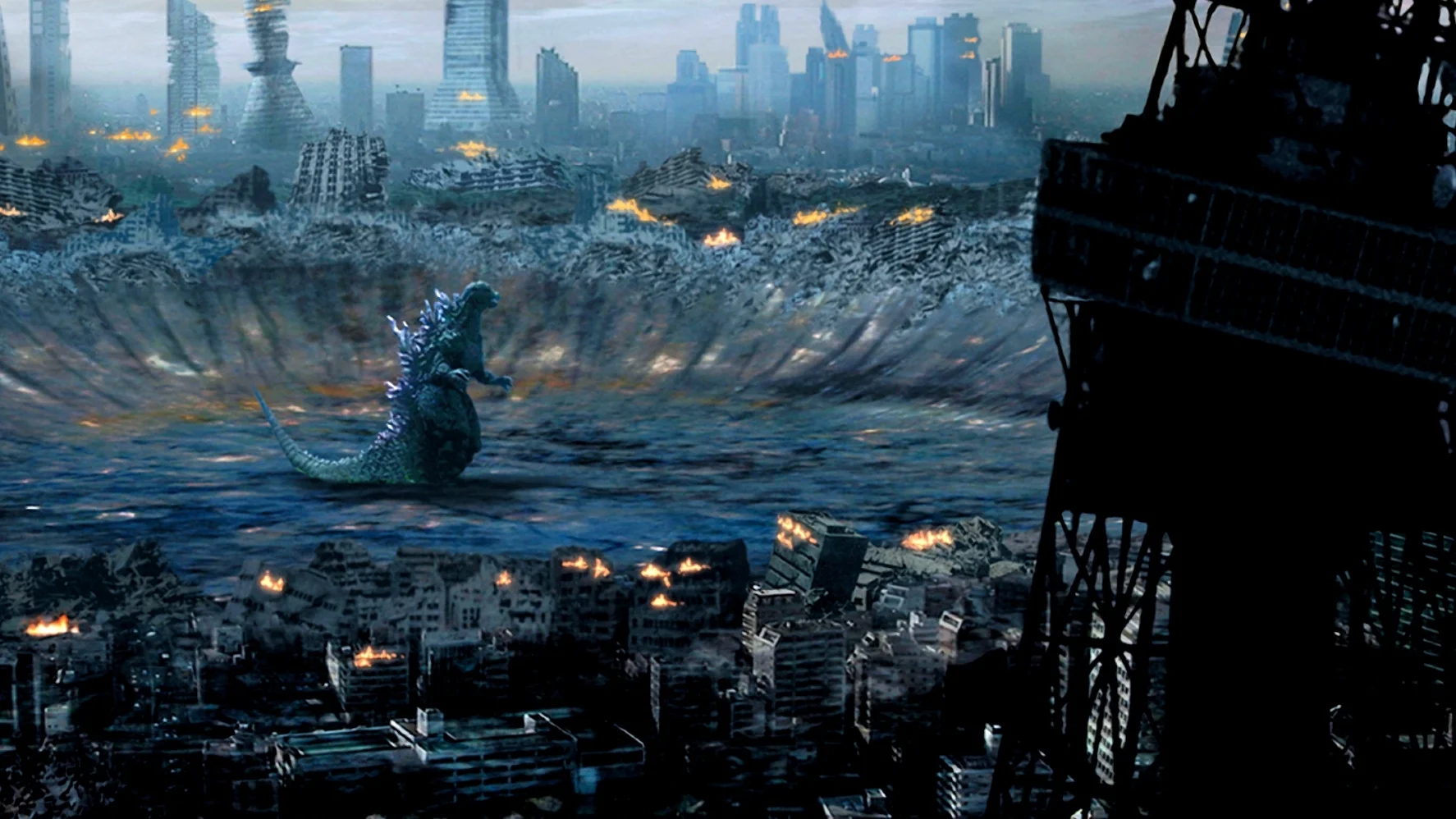I Was Wrong: Synecdoche, New York (2008)
I Was Wrong is a series in which our writers confess they've made mistakes in the past, and their opinions on a few films have changed with subsequent rewatches, from bad to good.
“I mean, come on, Charlie Kaufman. Some of us have work in the morning, damn.”
It’s 7:44 a.m. and Caden Cotard is awake.
As a young lad, I had a wild imagination. Seriously, at a very young age, I had confused a dream for reality and believed I could breathe underwater — something that soon proved to be an uncomfortable flaw. When I went into the sixth grade, my imagination calmed down, but I still hadn’t learned to think before I spoke. I pronounced our team name “COW-gar” instead of “cougar.” This one time, in high school, I thought I could eat an ungodly amount of tacos, perform a dance (dressed as a bird), and not break wind on stage in front of my classmates. And, the first time I saw Synecdoche, New York, I thought Charlie Kaufman hated me. I’ve been wrong before and I plan to be wrong again, but this one in particular was obscene.
The conditions were not ideal; in fact, probably because of this movie, they are conditions that I now consider unacceptable for a first viewing. I was on top of a bunk bed with a few friends, on a small laptop and listening through some derelict speakers you’d imagine finding in your grandpa’s shed “out back.” I was beside myself. What was I looking at and why would I want to? I watched Caden (Philip Seymour Hoffman) take out the trash, read the obituary, clean his house, take a shit, and weep next to an old flame instead of making love because he’s so worried about being unhappy. It all happens in a surreal haze, stumbling through an implacable, disjointed melancholy and through it all, we have Caden — self-obsessed, death-obsessed, health-obsessed, Caden. Needless to say, on that day, I did not enjoy our time together. I found him disagreeable and his world utterly incomprehensible. I believe he would agree on both accounts.
I was baffled, scorned, an idiot. I hated the experience so much that I went out and bought Synecdoche, New York the next day. My thought being, the laptop wasn’t sufficient and I should give the movie a real chance to work its magic; after all, this is coming from the creative mind behind Being John Malkovich. This time I would have a large screen television, time alone, and subtitles. I had to crack this movie. Did I just miss something or was it as unpalatable as I had suspected? About thirty minutes in, I shut it off, went outside and didn’t touch it again for months. I blamed it on a headache. In hindsight, I was obdurate. It’s a funny thing, watching your demons poured out in front of you; they aren’t usually recognizable and always repulsive. But they sink into the floorboards of the skin and linger. I did my little job. I lived my little life. I ate my little meals. Yet, Synecdoche, New York creaked in the distance.
Film, for the most part, is dead. Not in the Nietzschean sense but in a kinetic one. The images on screen are unchanging and, unlike live storytelling, inherently stagnant. Kaufman pines to craft living cinema that wrestles and changes with you. One year later, I’m having a pretty bad week. I’ve been feeling ill, exhausted, and I’m pretty sure everyone is out to get me. It’s a practiced kind of listlessness that I befriended with time. Home from work, I scanned my movie collection and my eyes fell on Synecdoche, New York. In the time since, it never completely left my mind. It kept nipping at my ankles and wagging for attention. Fed up with everything else going on, I decided that, finally, it was time to be done with this movie.
Remember those lingering specters that seemed so unrecognizable before? All of them came to life on that third watch… and the fourth watch immediately after. The disjointed pacing and seemingly incongruent structure became a wondrous absurdity that intricately mirrored a depressive episode where days and moments blend without notice. The incoherent themes untangled themselves and turned into epiphanies. The beginning fed into the end. And Caden, who was previously so unrecognizable, was now all too familiar. Synecdoche, New York originated as Kaufman's take on horror. Birthed from his anxieties and insecurities I saw a reflection of my own. In many ways, it's one of the scariest and most revealing films I have seen.
Being his directorial debut, this is the first time we have seen Kaufman unfiltered. It’s a genius, purposeful mess and the embodiment of his insecurities, his fears, and of the all-consuming nature of a simulated life where you hide who you truly are because of the little voice that only you can hear singing: “No one will ever love you for everything you are.”
Don’t misunderstand, while it is, indeed, dour. I would never accuse it of cynicism. Kaufman is no cynic; no matter how much he may pretend to be. The ending of Synecdoche, New York has echoes of David Foster Wallace’s This Is Water. It’s a testament to the lure of solipsism, soaking in the “Well, fuck everybody, amen,” attitude espoused by a pastor and seemingly everyone else in the movie. But it’s hiding a soft poeticism and optimism that shines through in Philip Seymour Hoffman’s stunning trudge through Caden’s non-life — a soft, simple urge for you to get busy livin’ or get busy dyin’.
Synecdoche, New York, something I once rejected, is now my favorite movie and one of the most important pieces of art I have been lucky enough to struggle with. It’s a reality check. It’s surprisingly hilarious. It’s ever changing and always revealing itself in new ways to me. It’s obnoxious, completely without precedent, and everything I didn’t know I was looking for. It breathes and creaks as a reminder that we’re all little people in a sea of many other people.
The first time I saw Synecdoche, New York, I though Charlie Kaufman hated me. Now I realize the struggle was the whole point. I cannot wait to be wrong again.
It’s 7:45 a.m. and Caden Cotard is dead. Glpef n mesr-siy.






